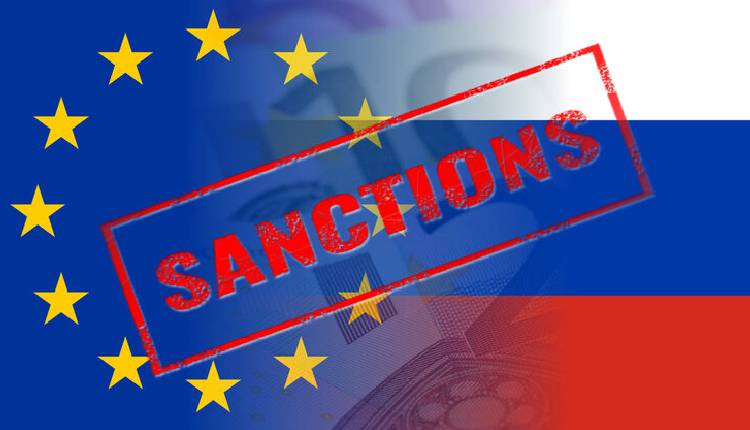The Council of the European Union announced on Monday a significant expansion of economic sanctions against Russia, aimed at escalating pressure on Russia in response to the ongoing conflict in Ukraine.
The Council has adopted its 14th package of restrictive measures targeting key sectors of the Russian economy, including energy, finance, and trade.
This latest package includes measures to block the transhipment of Russian liquefied natural gas (LNG) through EU territories to third countries, a step intended to reduce Russia’s revenue from LNG sales.
The EU will also impose import restrictions on Russian LNG through terminals not connected to the natural gas system and prohibit new investments in ongoing LNG projects like Arctic LNG 2 and Murmansk LNG.
Furthermore, the Council has outlawed the use of Russia’s System for Transfer of Financial Messages (SPFS) by EU entities operating outside of Russia, aiming to disrupt financial transactions that support Russia’s defence-industrial base.
Transactions with targeted entities involved in supporting Russia’s military capabilities, including through the export of sensitive goods, will also face strict prohibitions.
Import and export controls have been tightened with the addition of 61 entities to the list of those aiding Russia’s military-industrial complex. These entities, located in third countries such as China, Kazakhstan, Kyrgyzstan, Turkey, and the United Arab Emirates, will face enhanced export restrictions on dual-use goods and technologies.
Moreover, the EU has expanded restrictions on exports and imports of goods crucial to Russia’s industrial and military capabilities, including chemicals and high-tech machinery, especially the import of helium from Russia, a significant revenue source for Russia.


